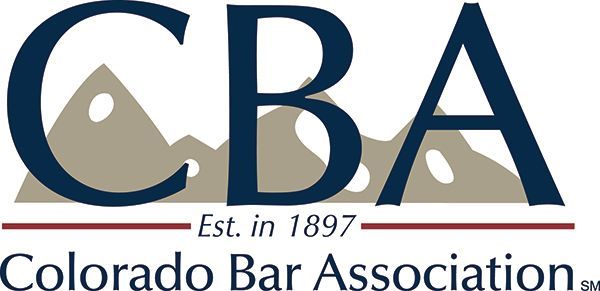Estate Planning, estate Administration, and Small Business Colorado Law Firm
How Do You Want To Be Remembered?
Proudly Serving Denver and the South Metro Area
Since 2013
Planning and Administration Expertise
Custom Solutions
Schedule an Attorney Evaluation
Compassionate
Knowledge Informed by Experience
The McKenzie Law Firm, LLC
We Can Help You With
Estate And Trust Lawyers You Can Count On Serving Denver and the south Metro Area
When planning your legacy, whether personal or professional, turn to The McKenzie Law Firm for supportive legal help. With decades of experience on our Denver estate planning and administration team, The McKenzie Law Firm makes estate planning and administration as simple and efficient as possible. We provide care and empathy every step of the way.
Recent Posts From The Blog











